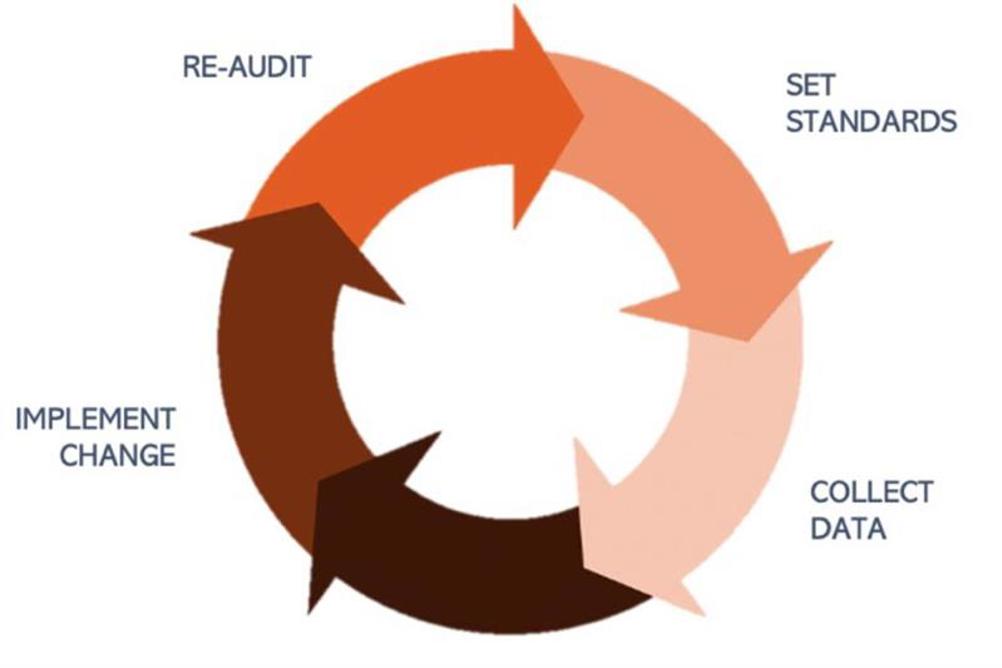
The Department of Health defines clinical governance as ‘the system through which NHS organisations are accountable for continuously improving the quality of their services and safeguarding high standards of care by creating an environment in which clinical excellence will flourish’. Simply put, it is an umbrella term for processes designed to constantly maintain and improve services for patients.
Why is it relevant to me?
A role in clinical governance not only aligns with nurses’ professional responsibilities but addresses the shared responsibility of all dental care practitioners. For instance, the undertaking of CPD, as detailed by the GDC, is an obligation. Likewise, the CQC specify requisites such as mandatory audit topics. A dental nursing career is a career of continuous learning and development, and there is an expectation to ensure contemporaneous knowledge and standards. Further to complying with regulatory requirements, clinical governance is about understanding the dental nurse’s role within the wider organisation’s agenda. Due to their constant exposure to patients and members of the public, nurses are well-placed to Nurses are ideally positioned within systems due to their constant exposure to the public. As a result, the nursing staff will often be able to identify systemic shortcomings on an individual level and monitor impact and feedback in real-time. Being able to recognise and escalate concerns is an essential feature of a safe practitioner and can elicit changes within healthcare organisations. Furthermore, it provides opportunities to explore the full dental nursing scope of practice and develop portfolios, desirable attributes for career development.
Register now to continue reading
Thank you for visiting Dental Nursing and reading some of our resources. To read more, please register today. You’ll enjoy the following great benefits:
What's included
-
Up to 2 free articles per month
-
New content available
Already have an account? Sign in here
